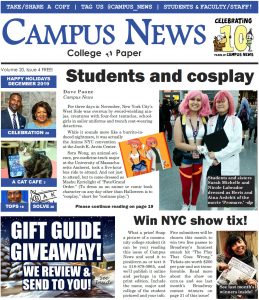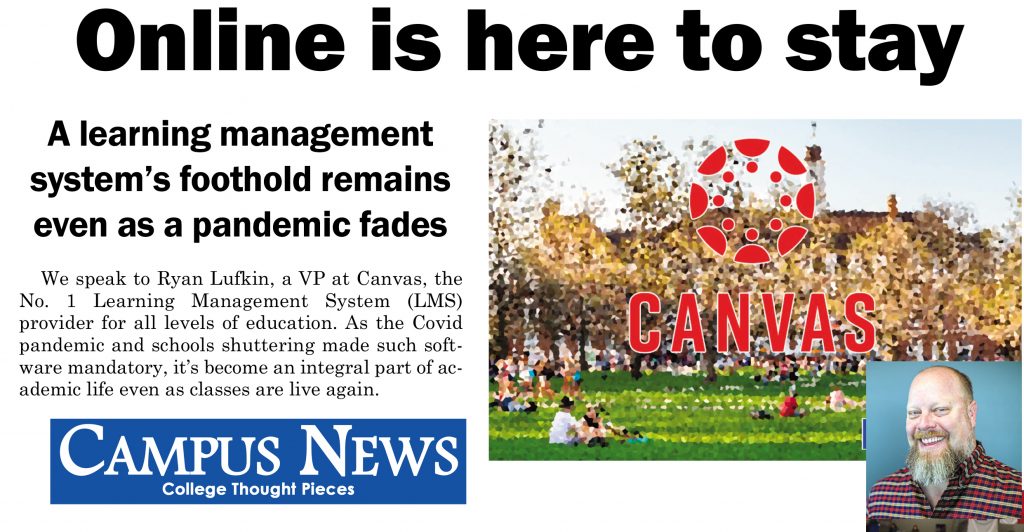By Kaylee Johnson
Campus News
My wildly eccentric public speaking professor says I remind her of herself; uninhibited, offbeat, intense. It’s not a compliment. She has been married five times and has become increasingly bitter about society and men. Her last husband divorced her for practicing witchcraft, but she shrugs while telling the story and says, “I am much more turned off by the living than the dead.” And in some subtle way I would like to embody this woman who has read my tarot cards and says I’m headed directly into the hungry face of destruction and finality. She’s unafraid of preconceived notions and her own likability. “%$@#! the mainstream,” she says, hands on her hips.
It’s two o’clock on a Monday in her class and the first honey haired woman steps up to the podium to share her poetry. I am sitting in the back of the room next to my friend, Leila, who reeks of marijuana and cheap shampoo. The honey haired woman looks at us blankly before taking an exaggerated breath, something she has observed others do. “This is a poem that captures the essence of who my grandmother was.” I look at Leila and roll my eyes. We have seen this archetype over and over again; girl who has never written poetry writes a grossly literal poem about who her grandmother was during the best parts of her life, ignoring the teacup breaking, diaper wearing, chain smoking, dementia infused last days. The professor will clap dramatically and some soulless friend will dab her eyes and pat her back when she returns to her seat. It’s a formula that wears on writers who have a tendency to write about bloodlust and ruin.

I think about myself, manic, hair tied on top of my head, wearing a paint stained “I Love Pope Francis” shirt I bought at a Virginia rest stop to be ironic about my denounced Catholicism, writing poetry about sex and rage and everything except harmony; for it does not exist within the ravaged, enigmatic mind of a woman like me. It’s mid July, 3 a.m., and I am awake with buoys under my eyes, begging a man not to hold on to them, and vehemently typing a paranoid poem about how my entire small town feels like a sound stage. Pondering where the line is drawn between surrealism and realism, and why we need to use these snobbish, jumbled words in the art world to sound official. Why must everything be so damn opaque?
“I believe Sundays are for not one, but two cups of coffee in bed,” the honey haired woman says in a gutless tone that mothers in seventies sitcoms use to comfort their hard working husbands, even though the wives are probably spending off hours with the neighbor with the rider mower. But I like this woman, the way she speaks matter-of-factly; there’s a translucence that I almost never see at journalism events where smarmy writers waltz around while getting wine drunk and name dropping. She really does believe Sundays are for coffee in bed; she’s not experimenting with her personality or trying to be a caricature, this is who she is and always will be. One day she will be a wife who brings a man coffee in bed, and a mother who brings her child warmed milk when they wake with night terrors. While she’s living in suburbia, I will be lying on the floor of a flat in Chelsea with a notebook between my legs; a perpetual creative degenerate.
The honey haired woman sniffles as she reads the last line, a sentiment about karma and kindness, before walking back to her seat where she is comforted by women with ulterior motives and disingenuous dispositions. Formulas.
Leila reads an outrageous poem she wrote when she was high and drunk about her lack of identity, and the honey haired woman looks at the wall. She’s visibly uncomfortable with the notion of life being multidimensional. But Leila continues to curse and scream and expel her obtuse trauma onto a class full of women with eyes rolled to the back of their heads, and one soft spoken army veteran who only speaks in cliches, but means well.
I try to think about how these two women and their poems are similar, where the line is drawn between realism and surrealism; how they are both indulging in their own warped realities. It could be that they are similar in the same way my deluded professor and I are, in a sort of nostalgic, existential way. Perhaps the honey haired girl drinks tea, not fictitious coffee and the enigmas lie within the two dimensional mundane. Perhaps I should write a poem for my grandmother, the degenerate gambler. %$@#! the mainstream.
Kaylee Johnson is a senior education major at the College of Saint Rose in Albany, NY.







Facebook Comments